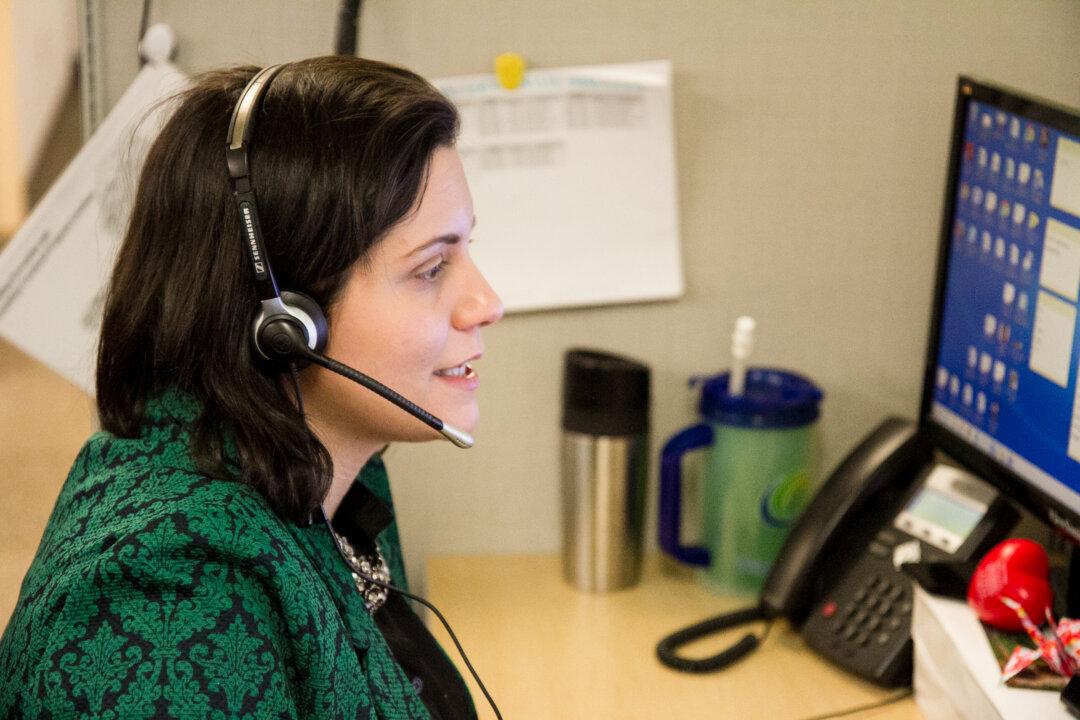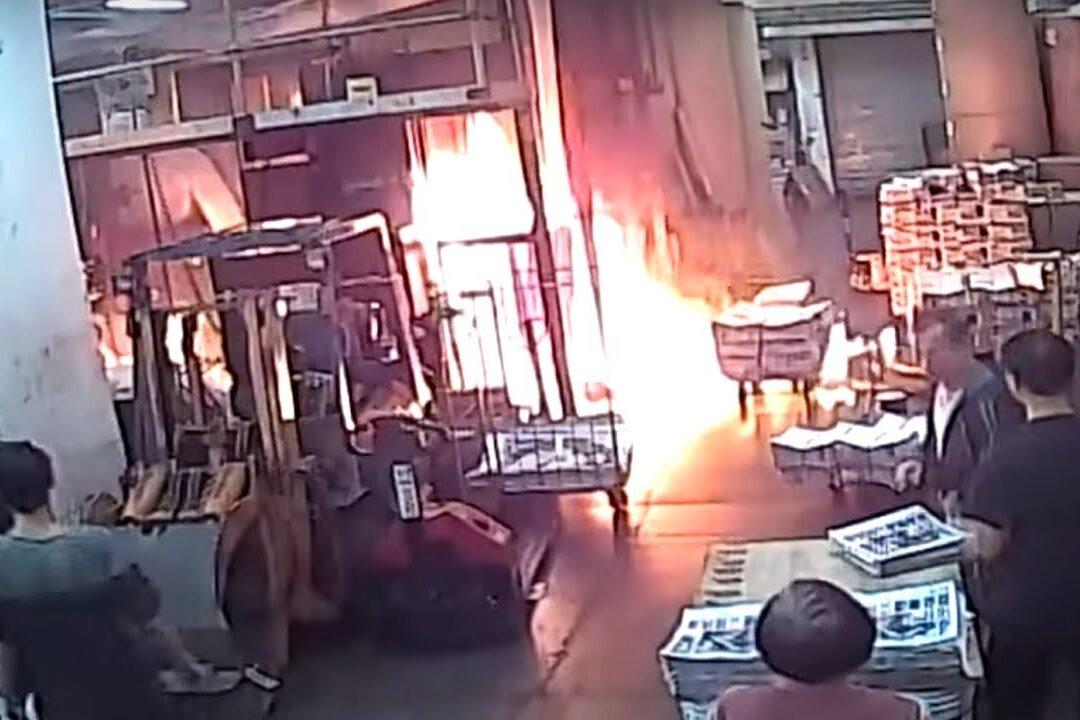NEW YORK—For someone about to relapse into drug addiction or a bad gambling habit, the moment between temptation and giving in is exactly when intervention is most important.
Expanding the ways counselors can reach people is the idea behind a new texting feature for New York’s helpline for drug, alcohol, and gambling abuse unveiled Thursday.
“Getting people where they are and providing them the support and help they need to recover ... texting is a way to get people,” said Linda Rosenthal, the New York State Assembly chair of the Alcoholism and Drug Abuse committee at the unveiling in Manhattan.
Dr. Fallerias, the medical director of Start Fresh recovery program with multiple locations around the United States said the texting option was a good one.
“If someone is reaching out for help, in whatever form, it provides an opportunity to act. Texting is faster, easier, and the default modality of communication for so many people,” he said in an email.
Addictions counselor at Ambrosia Treatment Center, Tatiana Green, said the only downside is that texting isn’t as powerful as hearing someone’s voice.
“But right now, the younger generation, they’re very into the texting,” she said. “My old sponsee said to me, ‘I’m better at communicating via text than talking.’”
The 1-877-8-HOPENY hotline received nearly 30,000 calls in 2014 from people who wanted information or help with addiction.





